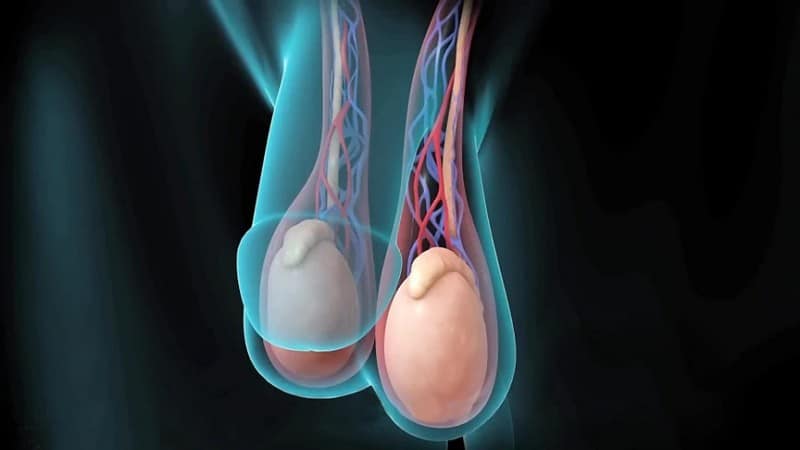A varicocele is a dilation of the veins in the scrotum. The scrotum is the sac that contains the testicles. Varicoceles are common and affect about 15 percent of men. Although a varicocele may cause no symptoms, it can sometimes lead to pain or a decrease in testicular size. Other times, varicoceles can be found during a physical exam.
There are several risk factors associated with varicoceles. These include family history, being overweight, and having certain medical conditions. Treatment for a varicocele often involves surgery to tie off the affected veins. In some cases, medication may be recommended to help with the symptoms
Varicoceles usually develop slowly over time and are more common in adolescents and young adults than older men. Often, no specific reason can be identified as to why a man develops a varicocele. In rare cases, a varicocele may be caused by an injury or infection that affects the veins in the scrotum.
Doctors will likely perform a physical exam for individuals with any symptoms suggestive of a varicocele. This will involve feeling your scrotum for any abnormalities. A doctor may also order an ultrasound to confirm the diagnosis. Here are the most common causes of varicocele.
Malfunction of Valves

The precise cause of varicoceles is unknown, but it is thought to be due to a combination of genetic and environmental factors. Valve dysfunction within the veins is thought to play a role in the development of varicoceles, as this can lead to blood pooling in the veins and dilatation. With time, this can lead to permanent enlargement of the veins.
Varicoceles are relatively harmless and do not usually require treatment. In some cases, however, men may elect to have surgery to correct the problem for cosmetic reasons or if there are concerns about fertility. Varicoceles can occasionally lead to fertility problems as they can affect sperm production or function. Those concerned about their fertility must consult with a doctor so that appropriate testing can be undertaken.
Individuals with varicoceles need to be monitored by a healthcare provider so that any potential complications, such as long-term valve dysfunction, can be detected and treated early.










